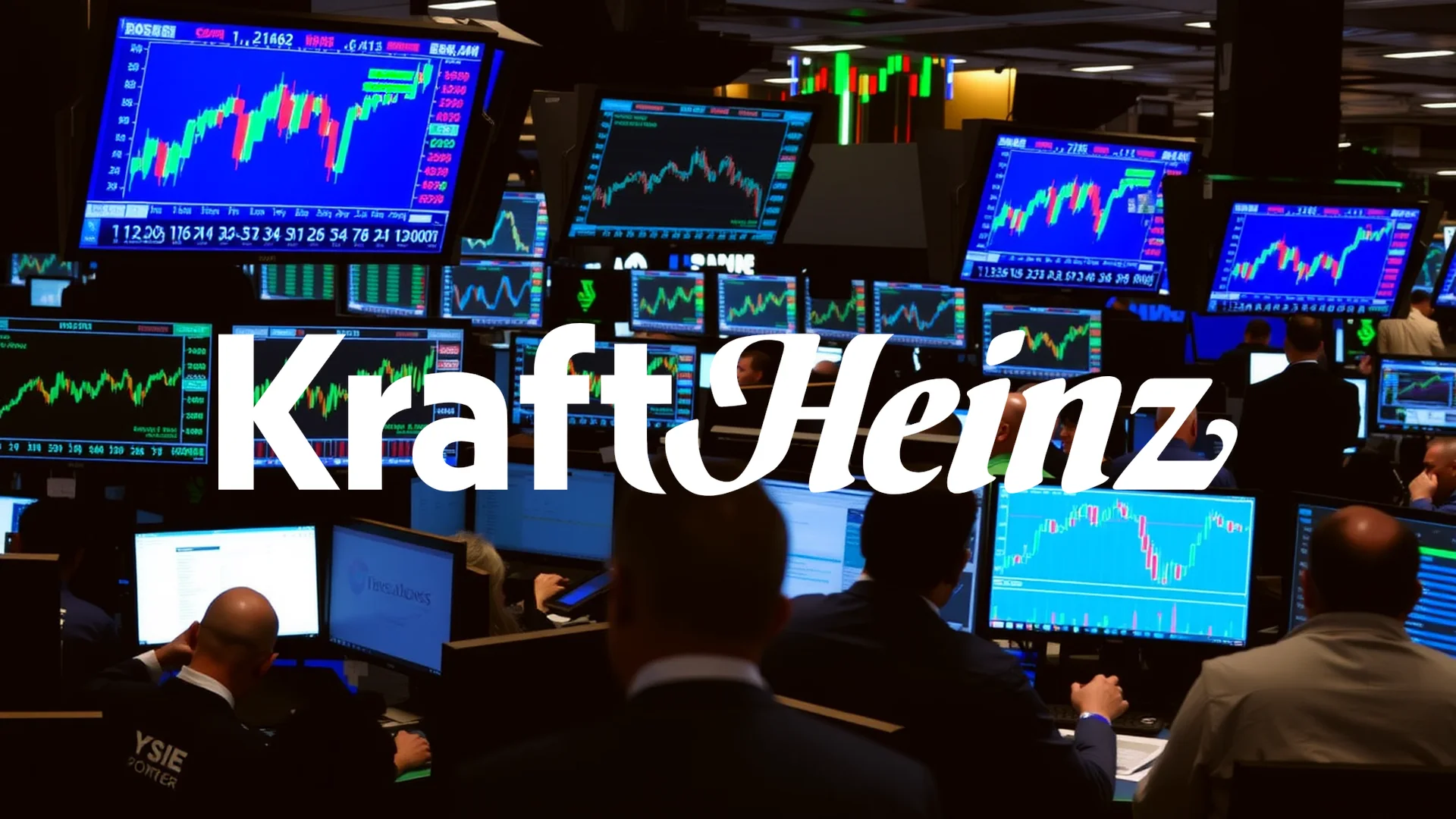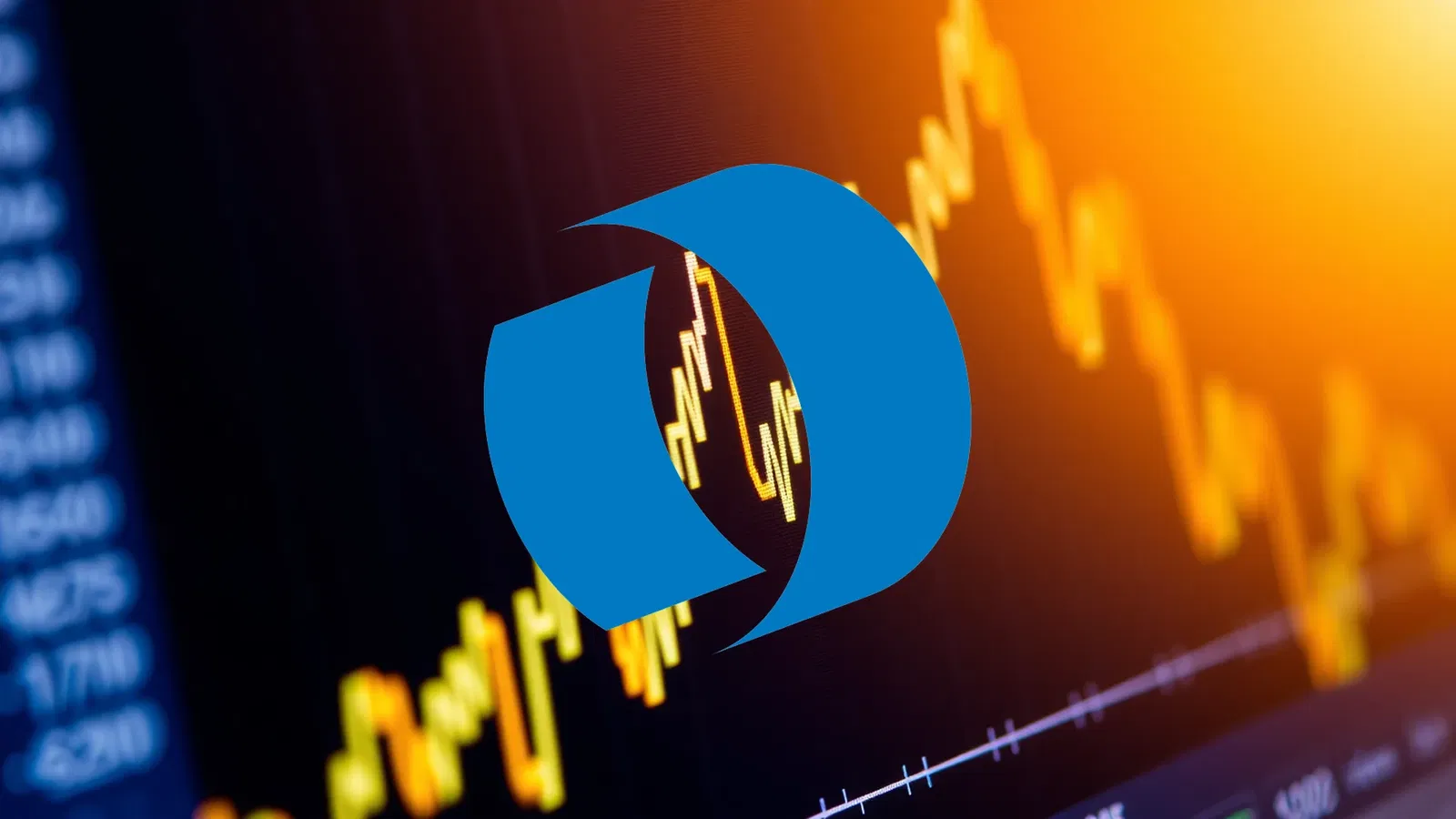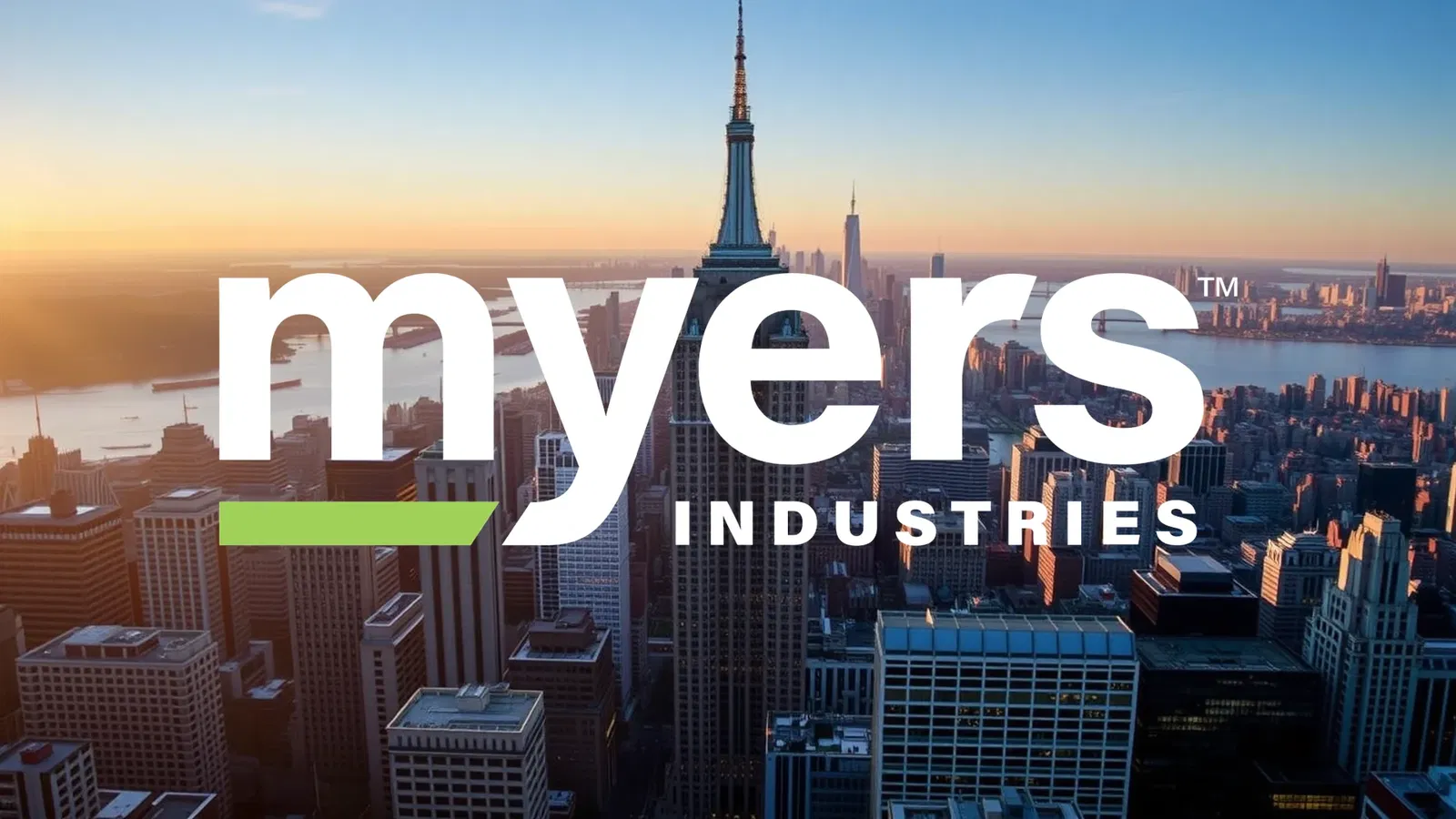The packaged food giant Kraft Heinz continues to face significant headwinds, with investor confidence remaining shaky despite a multi-billion dollar corporate separation plan. Share values have plummeted nearly 30% since the start of the year, reflecting deep market concerns. Recent quarterly results further paint a troubling picture of declining sales, shrinking margins, and downwardly revised guidance. The central question now is whether the proposed breakup can effectively halt this persistent downward trajectory.
Third Quarter Performance Falls Short
Kraft Heinz’s third quarter earnings report delivered disappointing news across key metrics. Company revenue declined by 2.3% to $6.24 billion, missing analyst projections. The core business showed particular weakness, with organic sales dropping 2.5%—a clear indicator that consumer interest in the company’s traditional brand portfolio continues to wane.
While adjusted earnings per share of $0.61 slightly exceeded expectations, this achievement came primarily through aggressive cost-cutting measures. The actual profit figure showed a substantial 18.7% decrease compared to the same period last year. Operating margin contracted by 16.9%, while gross margin narrowed by 230 basis points to 31.9%.
Strategic Split Faces Market Skepticism
Against this challenging backdrop, CEO Carlos Abrams-Rivera is advancing the previously announced corporate separation. Beginning in the second half of 2026, Kraft Heinz will divide into two independent publicly-traded entities: “Global Taste Elevation Co.” will house premium brands including Heinz and Philadelphia, while “North American Grocery Co.” will manage mass-market products such as Oscar Mayer and Lunchables.
Should investors sell immediately? Or is it worth buying Kraft Heinz?
Market reception to this strategic move has been cautious. Investment bank Goldman Sachs reduced its price target from $30 to $27, citing concerns about potential separation costs reaching $300 million. Reports suggest that even Warren Buffett, whose Berkshire Hathaway holds a 27.5% stake as the largest shareholder, has expressed reservations about the plan.
Unconventional Moves Amid Fundamental Challenges
As these major strategic developments unfold, Kraft Heinz has simultaneously pursued unusual marketing initiatives. Timed with the Thanksgiving season, the company introduced “Apple Pie” flavored Mac & Cheese—a bold flavor combination available exclusively at Walmart for $1.48.
However, such product innovations cannot mask the company’s fundamental operational challenges. Management has again revised its full-year outlook, now projecting revenue to decline between 3.0% and 3.5%, compared to previous guidance of a 1.5% to 3.5% drop.
Despite offering an attractive dividend yield of 6.34% and demonstrating solid cash flow generation, the critical uncertainty remains: Will this radical corporate separation prove sufficient to finally reverse Kraft Heinz’s downward spiral? Investors appear to have significant doubts, with the stock currently trading just above its 52-week low.
Ad
Kraft Heinz Stock: Buy or Sell?! New Kraft Heinz Analysis from February 7 delivers the answer:
The latest Kraft Heinz figures speak for themselves: Urgent action needed for Kraft Heinz investors. Is it worth buying or should you sell? Find out what to do now in the current free analysis from February 7.
Kraft Heinz: Buy or sell? Read more here...











